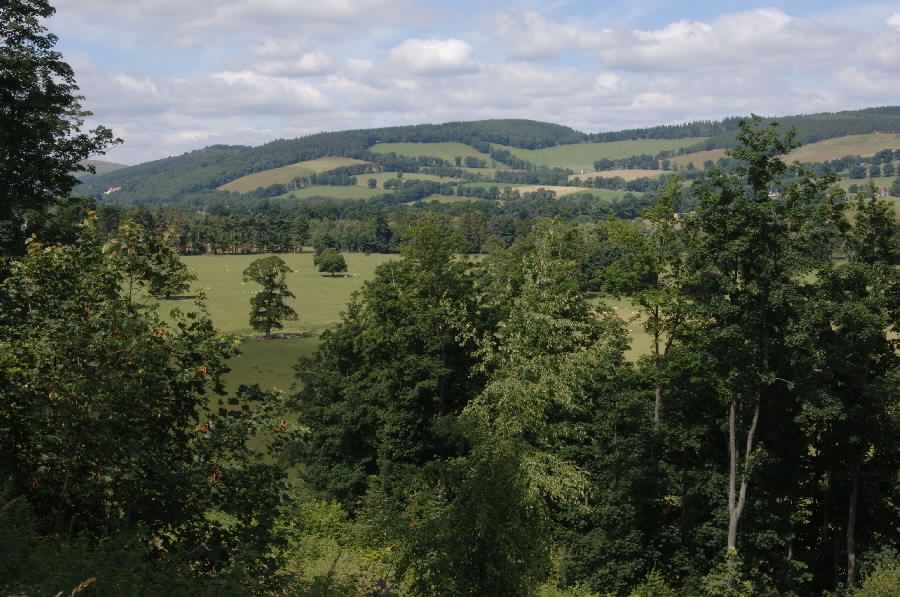We use some essential cookies to make this website work.
We’d like to set additional cookies to understand how you use forestresearch.gov.uk, remember your settings and improve our services.
We also use cookies set by other sites to help us deliver content from their services.

Resilient forests are important if our trees are to cope better with changing environmental conditions and threats from pests and diseases. This page provides information on the publications produced as part of Forest Research's 'Delivering Resilient Forests' programme of research.
Report from study that addressed how the knowledge and understanding of social research affects policy, planning, practice and outcomes within the Forestry Commission. By Mariella Marzano, Anna Lawrence and Bianca Ambrose-Oji. Related pages People, trees and woodlands Social forestry research
Review of recent evidence of health benefits provided by street trees with special attention given to the economic estimates of such benefits. By Vadims Sarajevs. Related pages People, trees and woodlands Social forestry research
Increasing the woodland cover of this Community Forest that covers 40 square miles of green belt land in east London and south-west Essex
Research urges decision-makers to take account of broad ranging cultural benefits gained from green spaces in our towns and cities The cultural benefits of green spaces, sometimes referred to as ‘green infrastructure’, are difficult to measure and value. As a result they lack integration into decision-making about how to design...
Understanding the factors affecting the uptake of Decision Support Systems in the GB forestry sector and how these can be addressed to enhance and improve uptake. Scoping Report, September 2010. By Amy Stewart, Anna Lawrence and David Edwards. Related pages People, trees and woodlands Social forestry research
This page summarises the work of the ‘Northern Tool for Sustainability Impact Assessment ‘ (Northern ToSIA) project, funded by the EU’s Northern Periphery Programme.
Research report that synthesises the different principles involved in planning public engagement around forestry and woodland decision-making or service delivery, characterises successful processes and outlines core values. By Paul Tabbush and Bianca Ambrose-Oji. Related pages People, trees and woodlands Social forestry research
Alex joined Forest Research in 2020 as a Graduate Apprentice after gaining his degree in Biology from Edinburgh University, and spending a number of years in the private forestry industry with Tilhill Forestry. Learn about his experience with the Graduate Apprentice programme, and what working as a Data Science Technician...
How Forest Research social and economic scientists have explored what Britain’s trees and woodlands mean to people, how they are used and how they can contribute to the social and cultural life of the country. Trees and forests in British society – Ten years of social science (PDF-1742K) Over the...
An analysis of species diversity of the Public Forest Estate in Britain to help inform the future direction of research on species and provenance.
These essential cookies do things like remember your progress through a form. They always need to be on.
We use Google Analytics to measure how you use the website so we can improve it based on user needs. Google Analytics sets cookies that store anonymised information about: how you got to the site the pages you visit on forestresearch.gov.uk and how long you spend on each page what you click on while you're visiting the site
Some forestresearch.gov.uk pages may contain content from other sites, like YouTube or Flickr, which may set their own cookies. These sites are sometimes called ‘third party’ services. This tells us how many people are seeing the content and whether it’s useful.